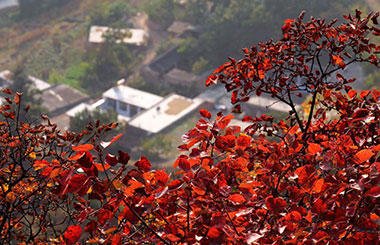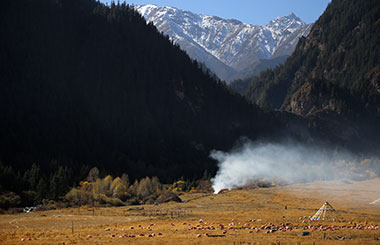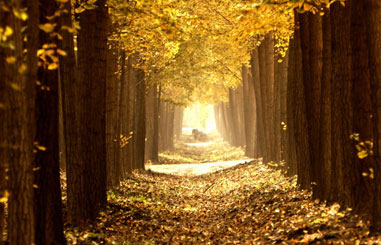Search for Shangri-La leads explorers to a philosophical discovery
Its mystic appeal has long endured, but what and where is Shangri-La Laurence Brahm asked such questions during his first search for the lost mythical kingdom in 2002, but the answers he received were confused. A grand hotel," says one. "Paradise," says another.
"A hidden country," tries a third.
Some people even gave Brahm, a lawyer-turned-explorer, a question of their own, "Does it really exist?"
In search of an answer, 41-year-old Brahm and his team set off from Lhasa, capital of Southwest China's Tibet autonomous region, and headed north to Qinghai province before finally trekking south through Yunnan province. But the answers he wanted were nowhere to be found.
Shangri-La was first mentioned in British author James Hilton's 1933 classic novel Lost Horizon. The allure of a mysterious and isolated place of permanent beauty, harmony, and spiritual resonance, enclosed deep in the Himalayas, as depicted in the book, has for decades inspired many around the world to search and explore, to find if such a place really exists, and where it could be discovered.
Brahm is one of these searchers. He put aside his job as a lawyer, organized a team and launched three expeditions between 2002 and 2004, each lasting about nine months from spring to autumn, to look for clues about Shangri-La.
"I can say no search has ever been as in-depth as ours. We went to places that no foreigner had ever been to before and conducted countless field interviews with living Buddhas, monks, nomads, artists and tourists," Brahm says.
Based on the expeditions, Brahm has written a trilogy of travelogues and made several documentaries. More recently, he put on a multimedia art exhibition, "Searching for Shangri-La", in Beijing to share his stories, findings, thoughts and inspirations.
The exhibition is scheduled to last two months from Sept 15 to Nov 15 in the Three Shadows Photography Art Center in Caochangdi, a Beijing art district.






















